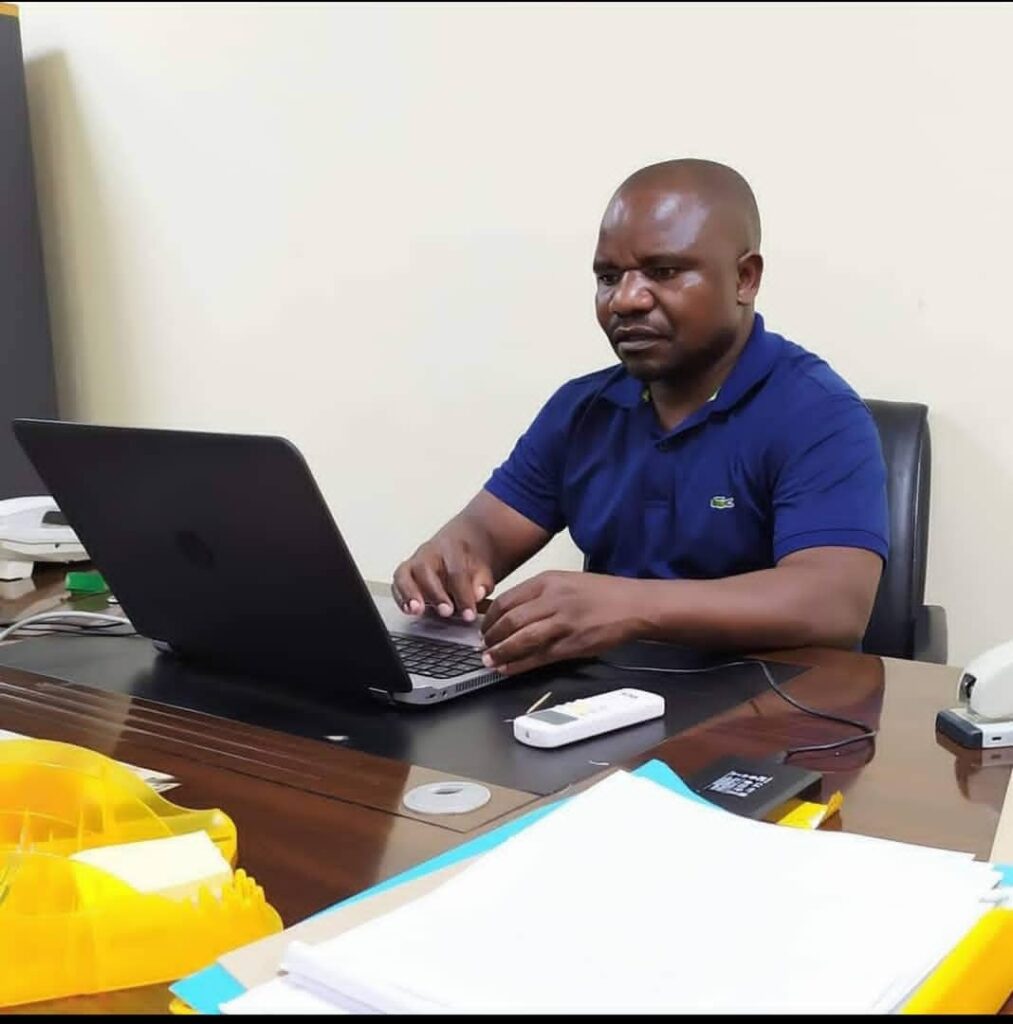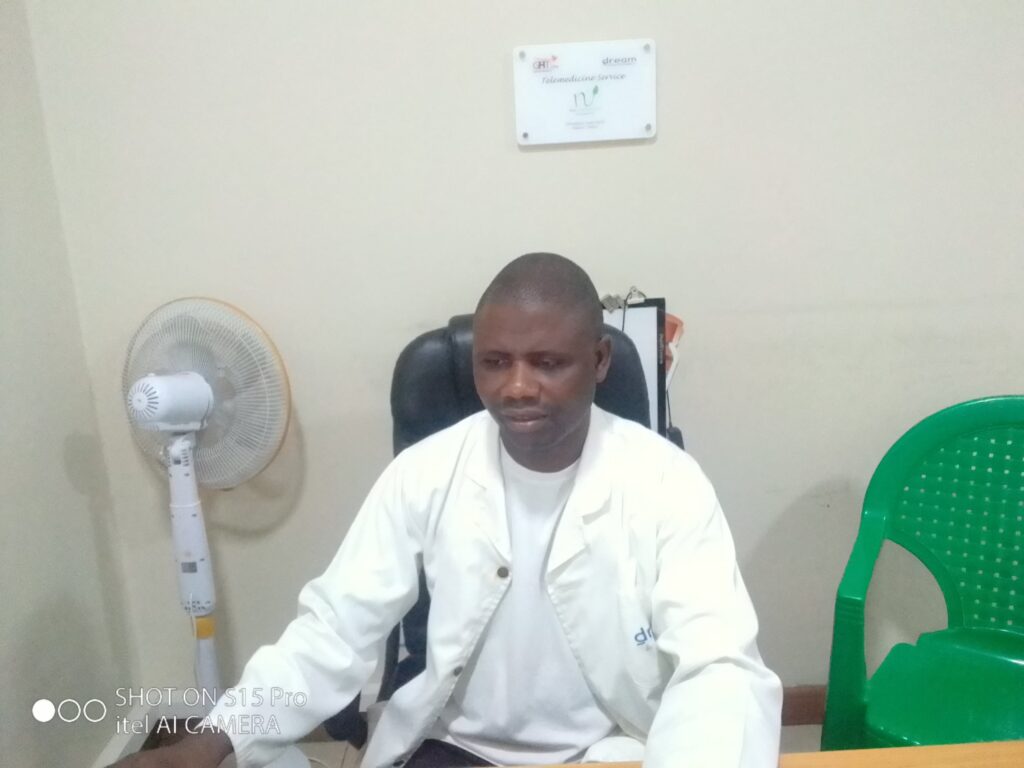By Brenda Nkosi

Blantyre, November 26, Mana: Eighteen-year-old Mary James (not real name) is living with HIV and has been taking Antiretroviral (ARV’s) since she was a little child.
“I do not remember when I started taking ARV’S but I have been taking them since I was a child,” she says.
The first year college student says this is normal to her as she accepted her status when she was told that she was born HIV positive.
However, as she is slowly turning into a young woman, she has started noting herself and feels insecure.
“The ARV’s have deformed my body in some way. I do not put on knee up clothes or bare shoulder blouses because I feel that I do not look nice in them.
“I look at my peers and I wish I had such nice body structures to parade around with fashionable clothes,” says James.
She says as she is turning into a young woman, she is scared to date even though she wishes she had a boyfriend.
“Unlike my peers who easily date, I am instantly saddened when a boy asks me out. It brings in fear of rejection that they will not want me anymore the moment they would realize that am HIV positive,” James says.
As such, she is uncertain of her future as she fears someone will not love her or eventually marry her.
Seventeen-year-old Alinafe Zakoyo (not real name) who is now in form four at a private secondary school in Blantyre says he struggled to stay in boarding school because he had to keep it a secret that he is HIV positive to avoid being discriminated against.
“I did not enjoy my time in boarding school because I had some challenges to take my drugs. I needed to always go to the toilet to take them every day,” says Zakoyo.
Therefore, he keeps to himself and do not get too close to his peers so that they do not search through his things where they can find his drugs.

Form two, seventeen-year-old Joseph Johnson (not real name) says when he was in standard eight he was at a boarding school but it was hard because of his HIV status.
“Apart from having to take my medication in the toilet every day, I have a skin rush which constantly appears. I also used to get a fever frequently hence I needed medical attention most of the times,” he says.
Johnson says much as he wants to date, he is scared of infecting the girlfriend with HIV and AIDS.
“I do not have a girlfriend because I do not want to transmit the virus to anyone. However, I wish I had one,” Johnson says.
Eighteen-year-old Mariam Tembo (not real name) who is in form 4 at one of the secondary schools in Blantyre says she can never disclose her status to anyone because is shielding herself from discrimination.
However, she has a boyfriend who does not know her status since she has not revealed to him.
“I have a boyfriend but we have never had sex. This is because I am not ready for sex but the day I will want to start I will tell him. I hope he will accept my status and not leave me,” she says.
Apart from facing challenges alone, Alinafe, Mariam and Joseph, who are under the Dream teen club program in Blantyre, also lost their mother when they were under five years old to HIV and had to brace life as orphans.
Chairperson for Young People Living with HIV (YPLus), Owen Banda says teenagers who are HIV positive feel intimidated to associate with their counterparts.
“They feel that they may be laughed at if their status is revealed hence self-discriminating themselves even before they are victimized based on their status.
Banda says these are teens that are experimenting with sexual feelings; they crave love and want to be loved.
“It is not easy for a person living with HIV who is a teen to approach another person who is HIV negative and get a positive response in terms of developing a love affair.

“That is why it is common most of the times to hear that people living with HIV are dating someone who is also HIV positive because they appreciate their circumstances,” says Banda.
He adds that it is extremely difficult for teens living with HIV to comprehend that life is not as smooth for them.
“For most of these young people their HIV status has been passed on to them through birth hence it is difficult to understand why they are being discriminated against since their HIV status is not as a result of their action or promiscuity,” he says.
According to 2020 UNAIDS reports, about 1.75 million adolescents between the ages of 10 and 19 were living with HIV worldwide. Adolescents account for about 5 per cent of all people living with HIV and about 11 percent of new adult HIV infections.
The 2021 HIV Epidemiological Estimates for Malawi indicates that 28 percent of all new HIV infections (including children) and 33 percent of new adult HIV infections are among adolescent girls and young women aged 15-24 years.
National Aids Commission (NAC) Public Relations Officer, Karen Msiska acknowledges the challenges being faced by young people living with HIV saying that is why the Global Fund grant has a huge teen club program component being implemented across the country.
“The sub recipients of the Global Fund are Baylor, Lighthouse, Partners in Hope and Emmanuel International who among other things are looking at addressing the challenges being faced by teens living with HIV,” Karen says.
Medical Coordinator for the Dream Program in Malawi, Dr Sagno Jean Baptiste, says they have been implementing a program called Teen club clinic since 2016 that offers medical service, nutrition service, group counseling service, advocate service and sexual reproductive service.
“Some challenges are adherence mainly for those at boarding schools. Our strategy is to discuss with the school leaders on how to handle the issues and discrimination because some kids say that they fail to take the ARVs in their room if their fellow friends are around,” he says.
Dr Baptiste says there are many challenges young people living with HIV face which they handle in their counseling sessions like puberty, teen pregnancies and unprotected sex.
Mana/bn

